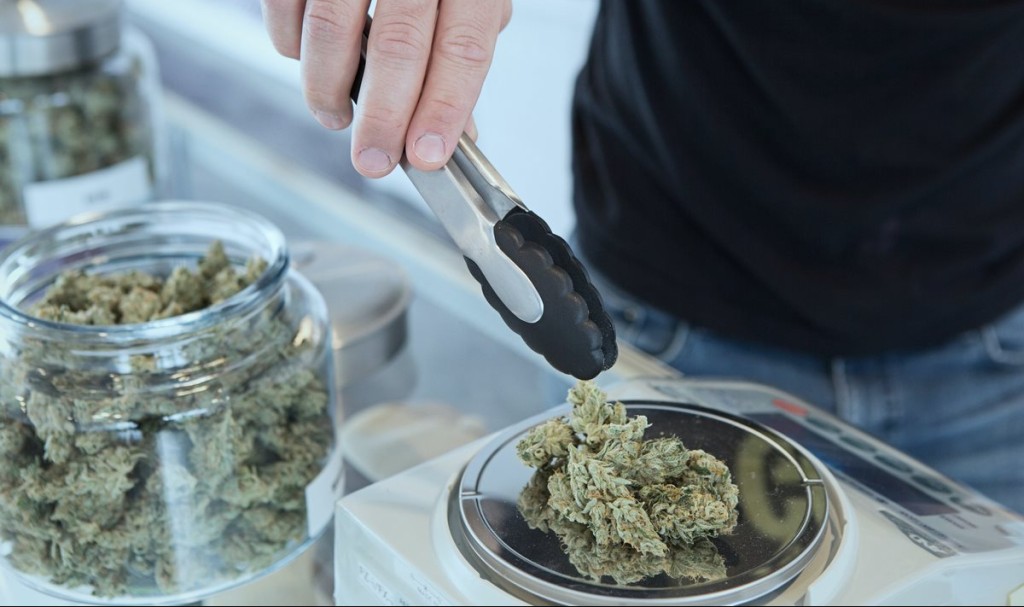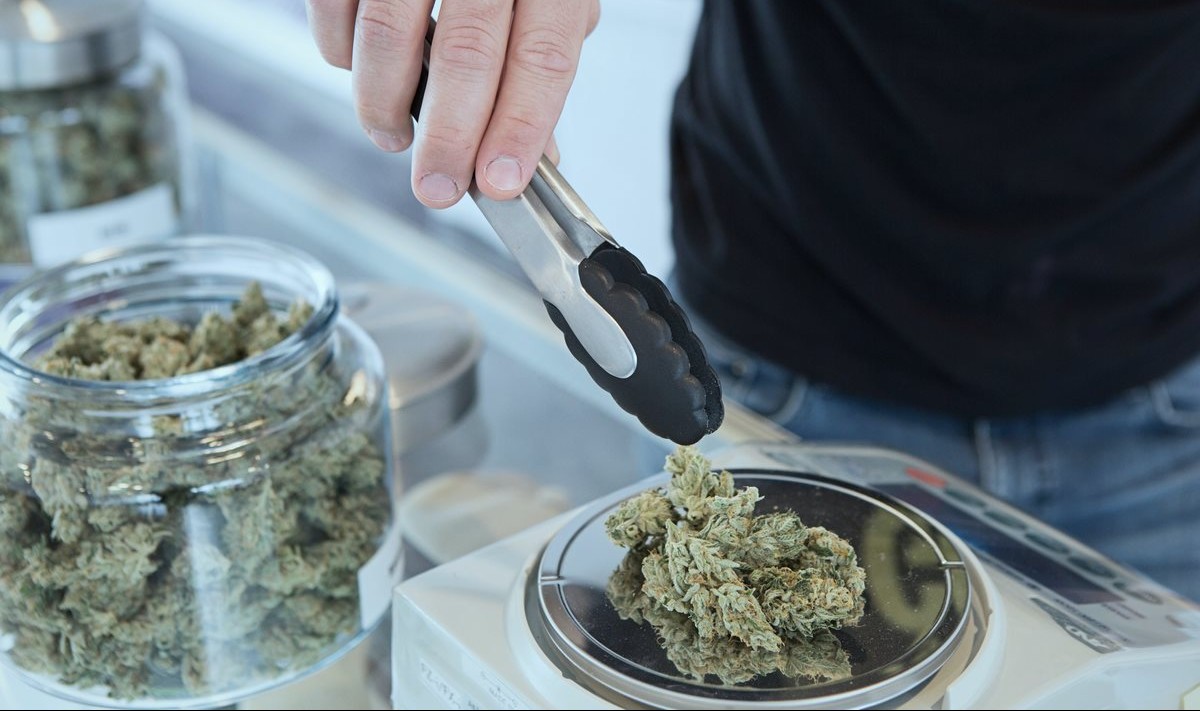
In a landmark paper, economists have collected evidence on the societal implications of cannabis legalization and found it lowered the rates of suicide, binge drinking, traffic fatalities, and perhaps ironically, cannabis use in teenagers.
Now that recreational cannabis is available in 18 states, and medically authorized in 36 states, concerns over the effects of widespread societal access are appearing as the motivation behind scientific research.
Much of that scientific research has now been collected in a meta-analysis of 36 different papers published between 2013 to 2021. It shows that the societal impact of cannabis legalization has led to some significant positive outcomes.
One criticism from concerned parents or conservative politicians was that increased legalization would lead to increased teenage consumption of cannabis.
It’s a criticism that exemplifies the theory of the author Jonathan Haidt, who showed in his classic volume The Righteous Mind that most people form their opnions by making an emotional conclusion—teenage consumption of cannabis is bad—and then using ad-hoc rationalization backwards to find whatever intuitive reasoning is needed to justify their gut instinct.
It seems logical to say that if cannabis were legal it would be more commonly consumed—but that wasn’t the case. In fact, the meta-analysis, published in the Journal of Economic Literature, found that teenage access to cannabis decreased by 8%, and frequent use decreased by 9%.
The reason was believed to be that once drug dealers were replaced by dispensaries with a legal obligation to check ID, far fewer teens were able to access it.
In another study, cannabis legalization was found, during the period 1999–2010, to be inversely associated with opioid overdose deaths, although once the years 2011-2017 were added into the analysis, the effect waned.
This was believed to be representative of the evolution of the opioid epidemic, reasoning that “perhaps marijuana and prescription pain medications are substitutes, but marijuana and heroin are not.”
MORE SOCIETAL ADVANCES: Poets in Europe Are Writing Tributes For the Lonely Funerals of Society’s ‘Unclaimed’ Citizens
However that wasn’t the only study which linked cannabis legalization to reduced opioid deaths. Two others published in 2019 and 2020 found the same; the second of which determined it to be 16-21%.
Another finding significant for individual health concerns was “strong evidence that legalizing marijuana discourages the use of alcohol, especially binge drinking.”
Perhaps as a result of this decrease in alcohol consumption, there were significant reductions in annual numbers of traffic fatalities.
“Anderson, Hansen, and Rees (2013) were the first researchers to estimate the effects of [medical marijuana law] adoption on traffic fatality rates,” the authors write.
HOW CANNABIS AFFECTS SOCIETY: Cannabis-Fed Chickens May Cut Antibiotic Use on Thailand Farms
“These authors found that legalizing marijuana for medicinal purposes was associated with a 9–10% reduction in traffic fatalities… with larger negative effects on traffic fatalities involving alcohol, traffic fatalities on the weekends, and traffic fatalities at night.”
In yet more good news, cannabis legalization was linked with reduced state-wide rates of suicide in males, with an 11% reduction in 20–29-year-olds, and a 9% reduction among 30–39-year-olds.
SHARE This Pot-Positive Story With Your Friends…




















